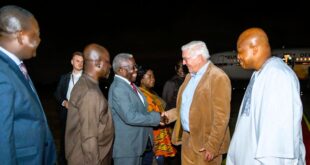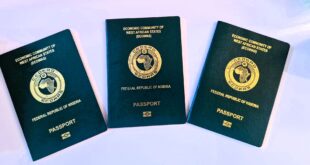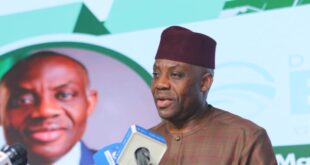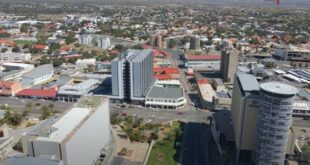Opposition leader Hakainde Hichilema has defeated incumbent Edgar Lungu in Zambia’s presidential election in a stunning landslide victory, the electoral commission announced on Monday.
Hichilema got 2,810,777 votes against Lungu’s 1,814,201 – a difference of about one million votes. This means the president-elect won 57.9 per cent of the votes and Lungu, 37.3 per cent. There were seven million registered voters.
It was sweet victory for the opposition leader who contested the presidency for the sixth time this year. He narrowly lost to Lungu in 2016.
Though Lungu has conceded defeat and committed himself to a smooth transition, he described the elections as “not free and fair,” alleging that agents of his Patriotic Front (PF) party were hounded and chased from polling stations, leaving votes unprotected and “the whole exercise a nullity.”
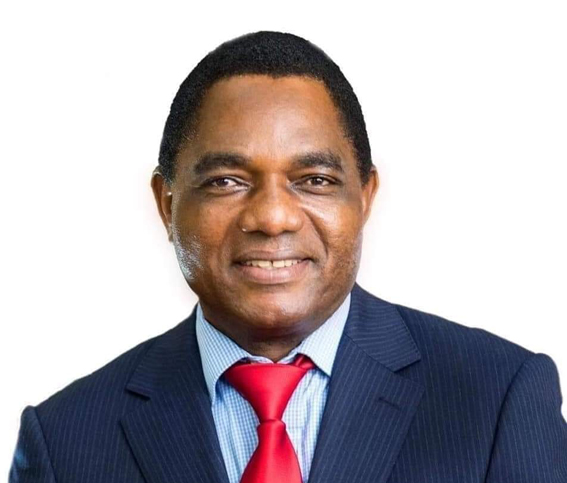
Hichilema’s United Party for National Development (UPND) fired back, however, saying the statement was the “desperate final act of an outgoing administration” to discredit their win, the BBC quoted him as saying.
Both Zambian and international media reported celebrations breaking out in the streets across Zambia, as Hichilema’s supporters wearing the red and yellow of his party danced and sang, while drivers honked their horns.
In his acceptance speech, President-elect Hichilema (59), who will assume office on 24 August, extended an olive branch to his predecessor, pledging to be president of all Zambians, whether they voted for him or not.
Analysts say the huge margin of Hichilema’s victory is an indication of popular disaffection with President Lungu’s government, who has often been criticized for alleged human rights abuses, corruption, a failing economy and massive unemployment.
The newly-elected president now faces the daunting challenge of turning around the country’s economic fortunes and create jobs for the jobless youth.
Zambians are hoping that Hichilema, a very successful entrepreneur with business interests in finance, ranching, property, healthcare and tourism, would be up to the task of turning the country’s economy around.
Hichilema’s victory marks the third time that power would shift peacefully from a ruling party to the opposition since Zambia’s independence from Britain in 1964, cementing its place as one of Africa’s most democratic countries.
Hichilema will become Zambia’s seventh president, with the first being long-serving president Kenneth Kaunda (1964-1991) who died in June aged 97.
Others are Frederick Chiluba (1991-2002), Levy Mwanawasa (2002-2008), Rupiah Banda (2008-2011), Michael Sata, (2011-2014) who died in office in 2014 and was replaced by Vice President Guy Scott, a Zambian of Scottish descent who acted as president until the 2015 elections that brought in Mr Lungu.
Adira Kallo
 THE AFRICAN COURIER. Reporting Africa and its Diaspora! The African Courier is an international magazine published in Germany to report on Africa and the Diaspora African experience. The first issue of the bimonthly magazine appeared on the newsstands on 15 February 1998. The African Courier is a communication forum for European-African political, economic and cultural exchanges, and a voice for Africa in Europe.
THE AFRICAN COURIER. Reporting Africa and its Diaspora! The African Courier is an international magazine published in Germany to report on Africa and the Diaspora African experience. The first issue of the bimonthly magazine appeared on the newsstands on 15 February 1998. The African Courier is a communication forum for European-African political, economic and cultural exchanges, and a voice for Africa in Europe.






